Service hotline
+86 0755-83044319
release time:2023-09-14Author source:SlkorBrowse:11863
Demand for mobile chips is increasing as smartphone manufacturers require more supplies, while the personal computer chip market remains sluggish.
According to the latest report issued by US foreign investors, semiconductor inventory is decreasing in the second quarter. Due to the continued reduction in supply from wafer fabs, this trend is expected to continue into the second half of the year. The recovery of inventory levels will be a strong signal for the appreciation of semiconductor stocks.
Due to tight technological capacity and the long-term demand for AI, there is a possibility of a U-shaped recovery in the semiconductor cycle. US foreign investors anticipate the resurgence of urgent orders and even repeated orders, leading to chip shortages again in the first half of next year.
The replenishment of smartphone chips has begun, with strong demand for Chinese Android mid-range models such as Xiaomi Mate 60. Additionally, non-Indian demand is better than expected, driving price increases. This indicates that the long-term digestion of smartphone PA component inventory has ended, and a recovery is expected in the second half of the year.
On the other hand, the panel industry is becoming more conservative. The price increase of TV panels has narrowed at the end of the year. Panel manufacturers' control over capacity utilization and replenishment orders will have an impact. The average price of mainstream size TV panels has already increased by 45% in the first half of September. However, as seasonal replenishment ends, the momentum of orders may weaken. US foreign investors believe that the supply-demand dynamics may become more balanced next year, but there won't be any catalysts in the short term. Therefore, a cautious attitude is taken towards the outlook of panel inventory.
In terms of stocks, US foreign investors are currently most optimistic about GlobalFoundries, [敏感词], Macronix International, and ASE Technology Holding, rating them as "outperforming the market". Delta Electronics, Wistron, Pegatron, and ASUS are considered to be approaching "outperforming the market". Meanwhile, ChipMOS Technologies and Silergy Corp are rated as "underperforming the market".
Samsung has increased the prices of its storage chips due to the depletion of customer inventory
Chip manufacturers and industry analysts indicate that while demand for PC chips remains weak, there are signs of recovery in the memory chip market, especially in the field of mobile DRAM chips.
Sources have revealed that Samsung, the world's largest memory chip manufacturer, has recently signed memory chip supply agreements with customers, including Xiaomi, Oppo, and Google, with prices 10-20% higher than their existing DRAM and NAND chip contracts.
It is reported that Samsung also plans to supply storage chips to its mobile business division at higher prices for the production of the Galaxy series smartphones. Insiders state, "Based on our understanding, Chinese customers have agreed to accept Samsung's request for higher chip prices as they anticipate an increase in smartphone sales, particularly in overseas markets." Industry observers suggest that as the chip industry significantly reduced production starting from late 2022, chip inventory levels for smartphone manufacturers have decreased.
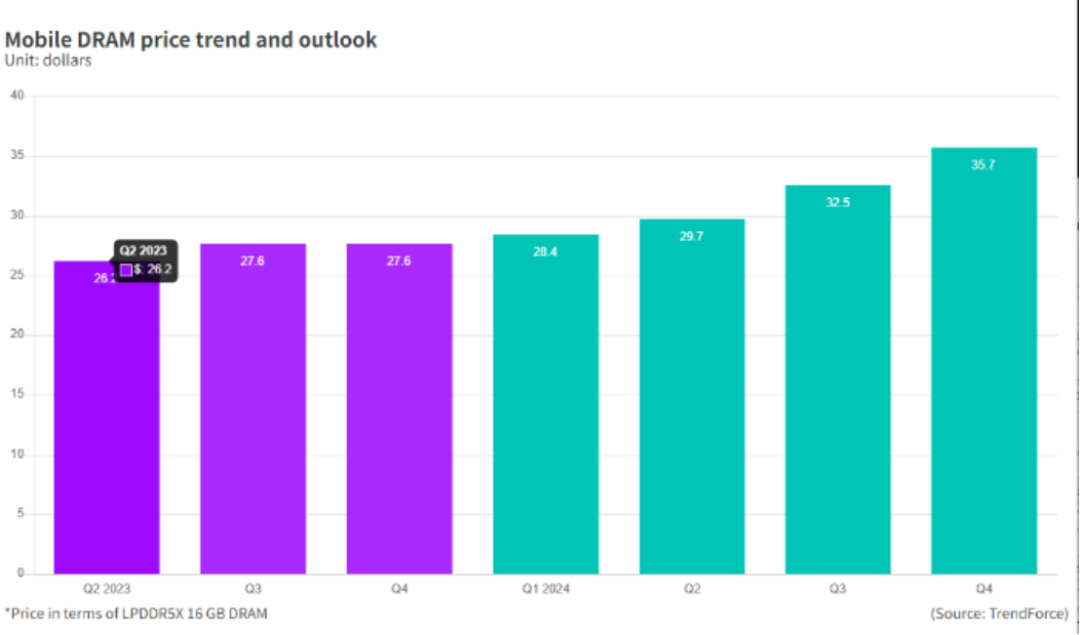
Samsung's executive stated that the company expects the supply-demand balance in the storage chip market to tilt towards supply in the fourth quarter of this year.
In the DRAM market, driven by the latest products such as LPDDR5X for smartphones, chip prices are gradually rising. According to [敏感词]-based market research firm TrendForce, Samsung started controlling production in the second quarter and is expected to further tighten supply in the third quarter. The research company indicates that the Korean memory chip manufacturer determines the prices for its latest chips, and the price increase may continue into the fourth quarter. In the NAND market, customers have stopped reducing orders and have started placing more orders.
The three major global memory manufacturers—Samsung, SK Hynix, and Micron Technology—have significantly reduced DRAM production, including the production of DDR4 chips.
Recently, chip manufacturers have also started to reduce NAND chip production. An industry executive stated, "Memory chip manufacturers are cutting their actual capital expenditures and wafer inputs by more than half of the annual plans set earlier this year." He said, "For DRAM and NAND, the bit growth on the supply side this year may decline by more than 10%." Bit growth refers to the amount of memory generated, which is a key indicator of current chip demand.
Analysts state that the efforts of smartphone manufacturers such as Samsung, Apple, Xiaomi, Oppo, and Vivo on innovative products have also driven the demand for advanced mobile chips.
In the next few years, the DRAM capacity used in future smartphones is expected to grow by 5% annually. A smartphone manufacturer stated, "Shipments of smartphones will decrease by at least 10%. However, as new smartphones with higher memory capacity are released, chip inventory for smartphone manufacturers has decreased."
Demand for storage chips from PC and server manufacturers remains relatively low. During last month's earnings conference call, HP's CEO Enrique Lores mentioned that there has been a significant increase in personal computers throughout the distribution channel, indicating that storage chip prices for PCs will remain subdued for a period of time.
Smartphones and servers each account for about 35% of the memory market share, while PC chips account for approximately 15-20%. Speaking at the Korea Investment Week (KIW) forum held in Seoul, Hwang Sang-jun, head of Samsung's DRAM development division, stated, "The demand in the storage chip market is expected to reach a balance in the third quarter. We will see an increase in demand in the fourth quarter."
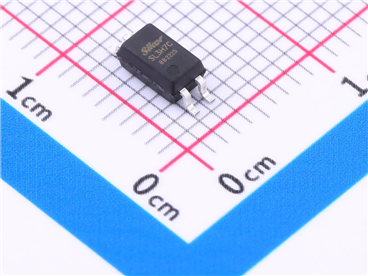
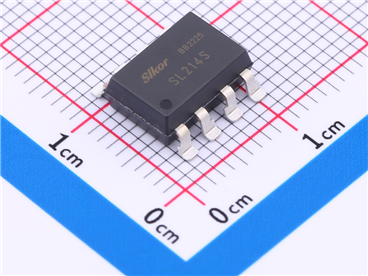
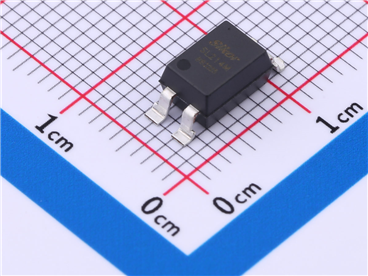
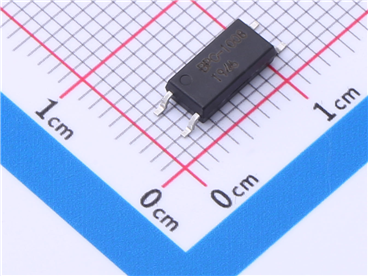
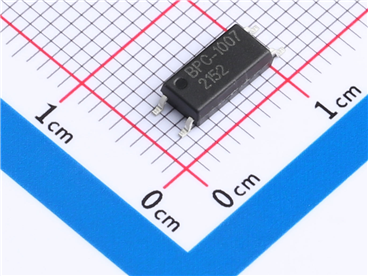




Site Map | 萨科微 | 金航标 | Slkor | Kinghelm
RU | FR | DE | IT | ES | PT | JA | KO | AR | TR | TH | MS | VI | MG | FA | ZH-TW | HR | BG | SD| GD | SN | SM | PS | LB | KY | KU | HAW | CO | AM | UZ | TG | SU | ST | ML | KK | NY | ZU | YO | TE | TA | SO| PA| NE | MN | MI | LA | LO | KM | KN
| JW | IG | HMN | HA | EO | CEB | BS | BN | UR | HT | KA | EU | AZ | HY | YI |MK | IS | BE | CY | GA | SW | SV | AF | FA | TR | TH | MT | HU | GL | ET | NL | DA | CS | FI | EL | HI | NO | PL | RO | CA | TL | IW | LV | ID | LT | SR | SQ | SL | UK
Copyright ©2015-2025 Shenzhen Slkor Micro Semicon Co., Ltd